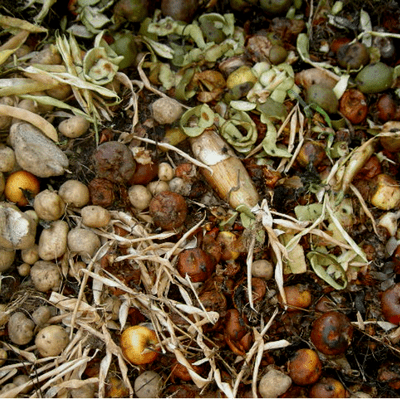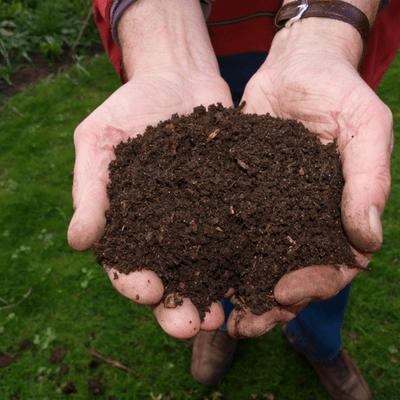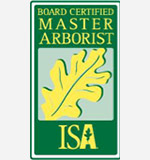Want to try composting but not sure where to start?
Have you been thinking about composting? Many of our customer’s compost – for various reasons and to various degrees – but most of them agree that composting is a rewarding, even fun activity that people and families can do together.
What is Compost?
In its simplest form, compost is partially decomposed organic matter that is formed by a biological process when organisms break down plant tissue. The resulting material is typically a dark brown powdery material that is rich in nutrients.
What is Composting?
In its simplest form, composting is a form of recycling that takes leaves, grass clippings, and other garden/plant materials and turns it into a biologically useful product that can be used as a fertilizer or other helpful byproduct in gardens, landscapes, and other settings.
Why Make Compost?
Through composting, homeowners do not have to haul away biological material, but instead, end up with a valuable soil conditioner that can be used to strengthen the health of existing plants. By adding compost to soil, the compost helps bind soil particles together which makes the soil more supple and responsive. It also improves soil aeration, which in turn encourages water infiltration and root penetration from plants.
How Can A Homeowner Create Compost?
The most common form of composting by homeowners involves creating a composting pile. Choosing a location for your compost pile is an important first consideration. Placing the pile near to where the compost will be used is often a logical choice. Keeping it close to a water source is important as well because water will need to be added to the pile often. As compost piles often exude a distinct odor, keeping it downwind or a distance from your home and open windows is also prudent. Often, homeowners will place the pile in a shaded area away from the home and neighbors, close to a water source and to where the compost will be utilized.
It is recommended that the pile be placed into some sort of a container rather than just existing as a free-standing pile. Constructing a bin that surrounds the pile is recommended. By having the pile in a bin, decomposition is encouraged by allowing air to flow through the sides of the structure and into the pile.
Ideal Conditions for the Pile
While decomposition will occur even if nothing is done to the pile, there are some steps that help the process along. As noted earlier, adding water to the pile and keeping it moist will encourage the soil-inhabiting organisms to remain active as a decomposer of the pile. Warmer temperatures will also encourage decomposition. The pile itself will generate the heat through decomposition, but it can be helped along by routinely opening the pile and loosening materials in the pile, particularly after the core temperature exceeds 100 degrees. As this will encourage further decomposition, the temperature of the pile may reach as high as 175 degrees – although the ideal temperature for decomposition is closer to the 135-145 degree range.
How Do You Know When Compost is Ready to Use?
The compost is ready to use then it becomes a dark, crumbly blend of material that no longer resembles any of the original materials that were placed into the pile.
Ryan Lawn & Tree is all about helping our customers take great care of their lawn, trees, and landscaping. We’d be glad to talk to you more about your composting project!
Give us a call today to learn more!











